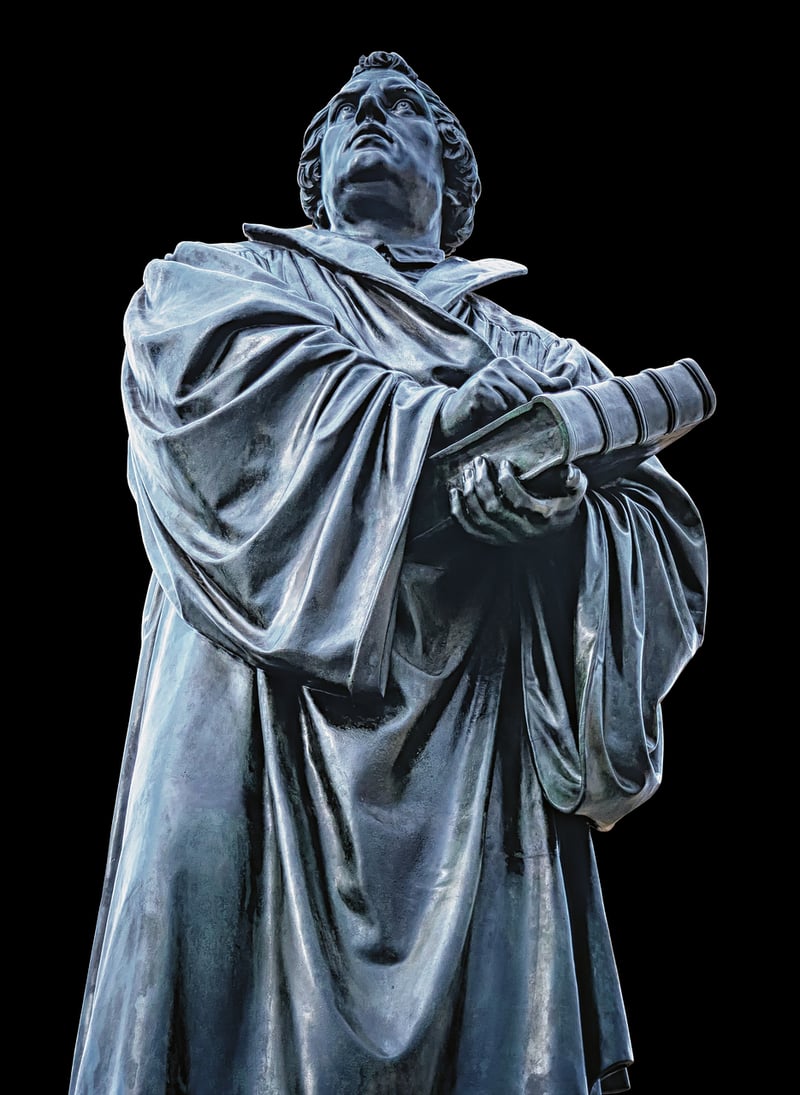Revolutionary Movements
Exploring Revolutionary Movements Through History
Revolutionary movements have played a significant role in shaping the course of history by challenging existing power structures and advocating for change. From political revolutions to social uprisings, these movements have sparked transformations that have had lasting impacts on societies worldwide.
The French Revolution
The French Revolution, which began in 1789, is one of the most well-known revolutionary movements in history. It was a period of radical social and political change in France that led to the overthrow of the monarchy, the establishment of a republic, and the Reign of Terror. The ideals of liberty, equality, and fraternity that emerged during the French Revolution continue to influence political movements to this day.

The Russian Revolution
The Russian Revolution of 1917 marked the end of the Romanov dynasty and the beginning of communist rule under Vladimir Lenin. This revolution had a profound impact on the political landscape of the 20th century, leading to the formation of the Soviet Union and inspiring socialist movements around the world.

The Civil Rights Movement
The Civil Rights Movement in the United States was a pivotal struggle for racial equality and justice during the 1950s and 1960s. Led by figures such as Martin Luther King Jr. and Rosa Parks, this movement advocated for the end of segregation and discrimination, ultimately leading to landmark legislation such as the Civil Rights Act of 1964.

Conclusion
Revolutionary movements throughout history have demonstrated the power of ordinary people to effect change and challenge oppressive systems. By studying these movements, we can gain insight into the complexities of social and political transformation and learn valuable lessons that can inspire us to continue striving for a more just and equitable world.
Explore more about revolutionary movements and their impact on society to better understand the forces that have shaped our world.
